War is mainly a catalogue of blunders
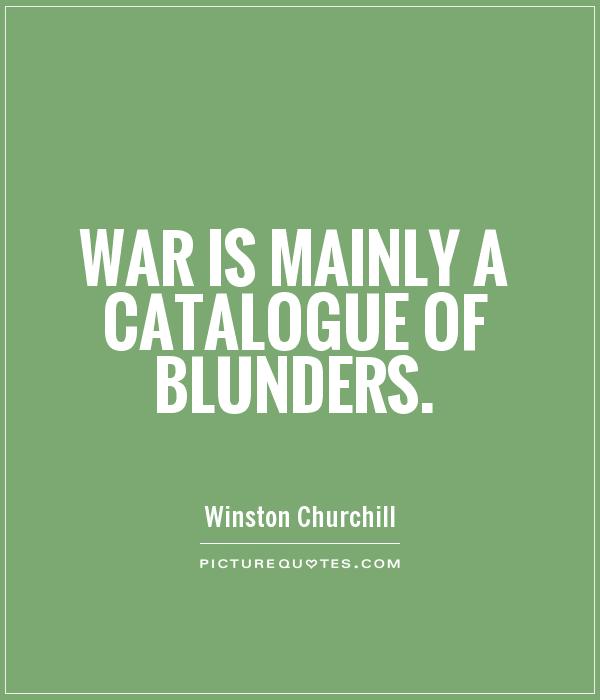
War is mainly a catalogue of blunders
Winston Churchill, the iconic British Prime Minister who led his country through World War II, once famously said, “War is mainly a catalogue of blunders.” This statement encapsulates the harsh reality of warfare, where mistakes and miscalculations can have devastating consequences.Throughout history, wars have been rife with blunders that have cost countless lives and prolonged conflicts. From strategic errors on the battlefield to diplomatic missteps that escalate tensions, the catalogue of blunders in war is extensive and tragic.
One of the most well-known examples of a blunder in war is the invasion of Iraq in 2003. The decision to go to war was based on faulty intelligence that claimed Iraq possessed weapons of mass destruction. This misinformation led to a costly and protracted conflict that destabilized the region and resulted in the loss of thousands of lives.
Another example of a blunder in war is the Gallipoli campaign during World War I. Churchill, who was First Lord of the Admiralty at the time, championed the ill-fated plan to invade the Gallipoli Peninsula in Turkey. The campaign was a disaster, with Allied forces suffering heavy casualties and ultimately failing to achieve their objectives. The Gallipoli campaign is now remembered as a prime example of military incompetence and poor decision-making.
In addition to military blunders, diplomatic mistakes can also exacerbate conflicts and prolong wars. The failure of world leaders to effectively communicate and negotiate can lead to misunderstandings and escalations that result in further bloodshed. The Cuban Missile Crisis of 1962 is a prime example of how a lack of communication and misinterpretation of intentions nearly led to nuclear war between the United States and the Soviet Union.
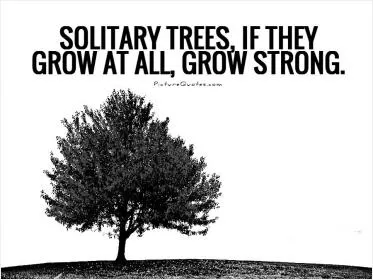
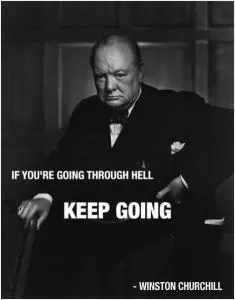

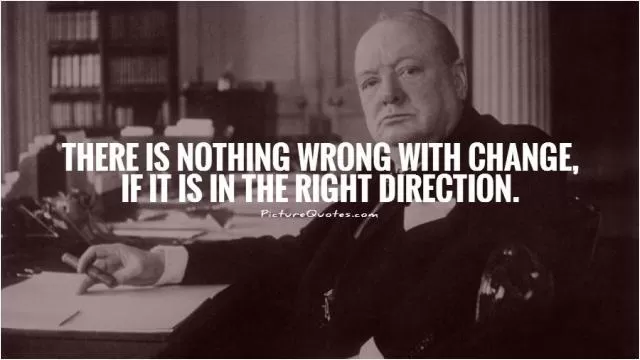
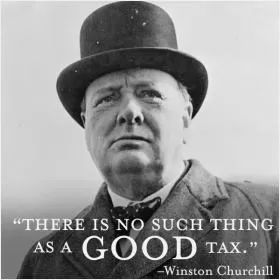


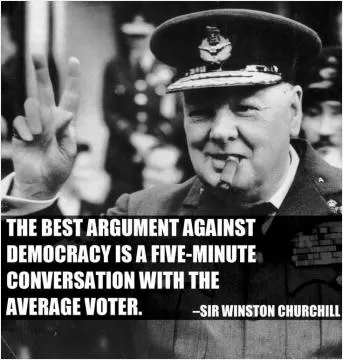




 Friendship Quotes
Friendship Quotes Love Quotes
Love Quotes Life Quotes
Life Quotes Funny Quotes
Funny Quotes Motivational Quotes
Motivational Quotes Inspirational Quotes
Inspirational Quotes